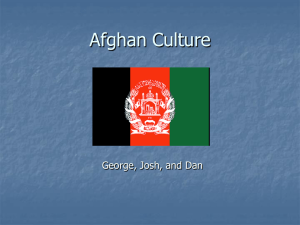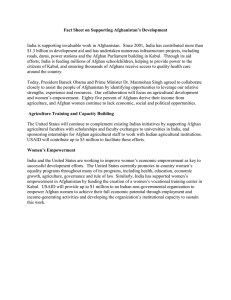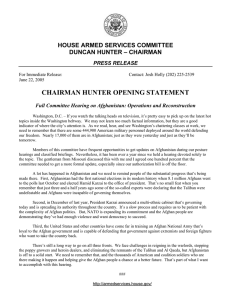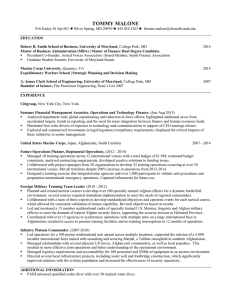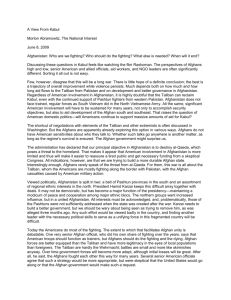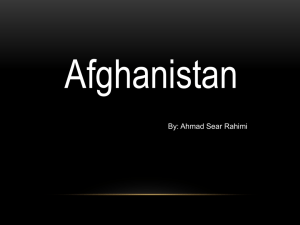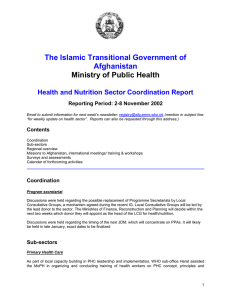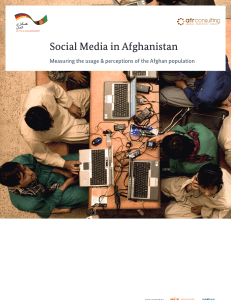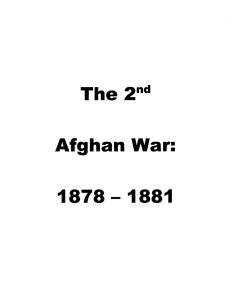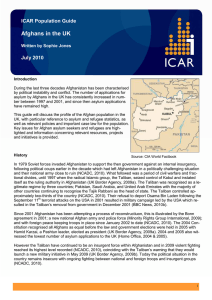8B. The Second Anglo-Afghan War (1878 - 1880) Background:
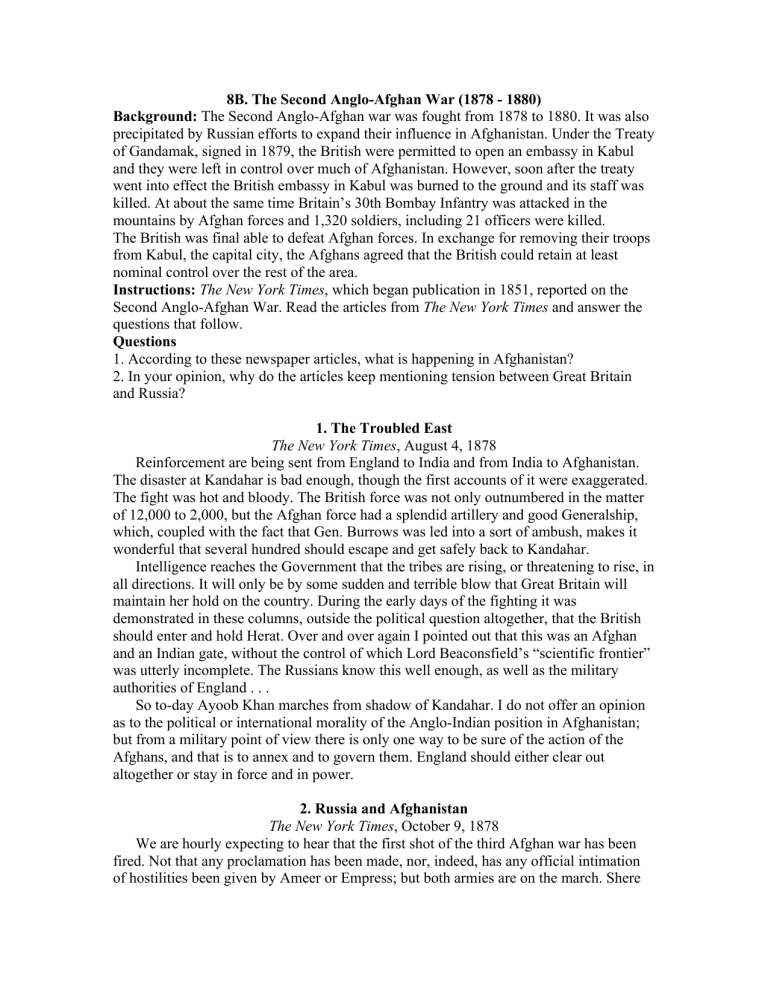
8B. The Second Anglo-Afghan War (1878 - 1880)
Background: The Second Anglo-Afghan war was fought from 1878 to 1880. It was also precipitated by Russian efforts to expand their influence in Afghanistan. Under the Treaty of Gandamak, signed in 1879, the British were permitted to open an embassy in Kabul and they were left in control over much of Afghanistan. However, soon after the treaty went into effect the British embassy in Kabul was burned to the ground and its staff was killed. At about the same time Britain’s 30th Bombay Infantry was attacked in the mountains by Afghan forces and 1,320 soldiers, including 21 officers were killed.
The British was final able to defeat Afghan forces. In exchange for removing their troops from Kabul, the capital city, the Afghans agreed that the British could retain at least nominal control over the rest of the area.
Instructions: The New York Times , which began publication in 1851, reported on the
Second Anglo-Afghan War. Read the articles from The New York Times and answer the questions that follow.
Questions
1. According to these newspaper articles, what is happening in Afghanistan?
2. In your opinion, why do the articles keep mentioning tension between Great Britain and Russia?
1. The Troubled East
The New York Times , August 4, 1878
Reinforcement are being sent from England to India and from India to Afghanistan.
The disaster at Kandahar is bad enough, though the first accounts of it were exaggerated.
The fight was hot and bloody. The British force was not only outnumbered in the matter of 12,000 to 2,000, but the Afghan force had a splendid artillery and good Generalship, which, coupled with the fact that Gen. Burrows was led into a sort of ambush, makes it wonderful that several hundred should escape and get safely back to Kandahar.
Intelligence reaches the Government that the tribes are rising, or threatening to rise, in all directions. It will only be by some sudden and terrible blow that Great Britain will maintain her hold on the country. During the early days of the fighting it was demonstrated in these columns, outside the political question altogether, that the British should enter and hold Herat. Over and over again I pointed out that this was an Afghan and an Indian gate, without the control of which Lord Beaconsfield’s “scientific frontier” was utterly incomplete. The Russians know this well enough, as well as the military authorities of England . . .
So to-day Ayoob Khan marches from shadow of Kandahar. I do not offer an opinion as to the political or international morality of the Anglo-Indian position in Afghanistan; but from a military point of view there is only one way to be sure of the action of the
Afghans, and that is to annex and to govern them. England should either clear out altogether or stay in force and in power.
2. Russia and Afghanistan
The New York Times , October 9, 1878
We are hourly expecting to hear that the first shot of the third Afghan war has been fired. Not that any proclamation has been made, nor, indeed, has any official intimation of hostilities been given by Ameer or Empress; but both armies are on the march. Shere
Ali must have mobilized his troops long ago, for his warriors already occupy important strategic points in force. There is not wanting evidence on either hand that a struggle of no small character is about to begin. If the Anglo-Indian soldiers are better equipped than in the last war, it is clear that Shere Ali has a more powerful army, better defenses, and the advantage of Russian advisers-military, diplomatic, and scientific.
England has “honored” some of her independent Princes with permission to fight on her side, thus following up the policy of taking the natives not only into Imperial confidence, but making the Indians themselves partners in the defense of their country from possible invasion by “the arch-enemy of England, Russia.” It is no good attempting to disguise the fact that, do what we may, conciliate as we will, effect what compromises we like, every day brings England and Russia nearer the bloody collision which shall settle the question of European supremacy in the East.
3. Threatened Troubles
The New York Times , February 2, 1879
I am informed by an Anglo-Indian of position and wisdom that the declaration of the evacuation of Kandahar is a blow at British supremacy in the East. Afghans and Indian cannot estimate policy of honor which this evacuation is undoubtedly in the eyes of the
Liberal Cabinet. They only attribute withdrawal from a hard-won stronghold as evidence of weakness; and the weakness looks all the weaker to eyes that see in imagination the glorious, if sanguinary, march of Russia in Central Asia.
